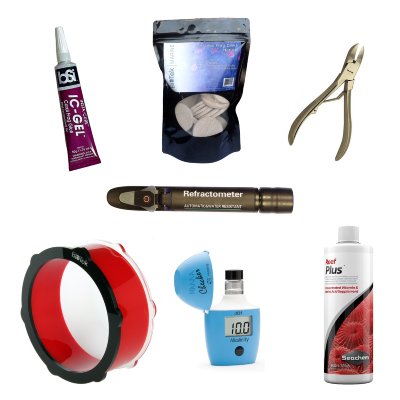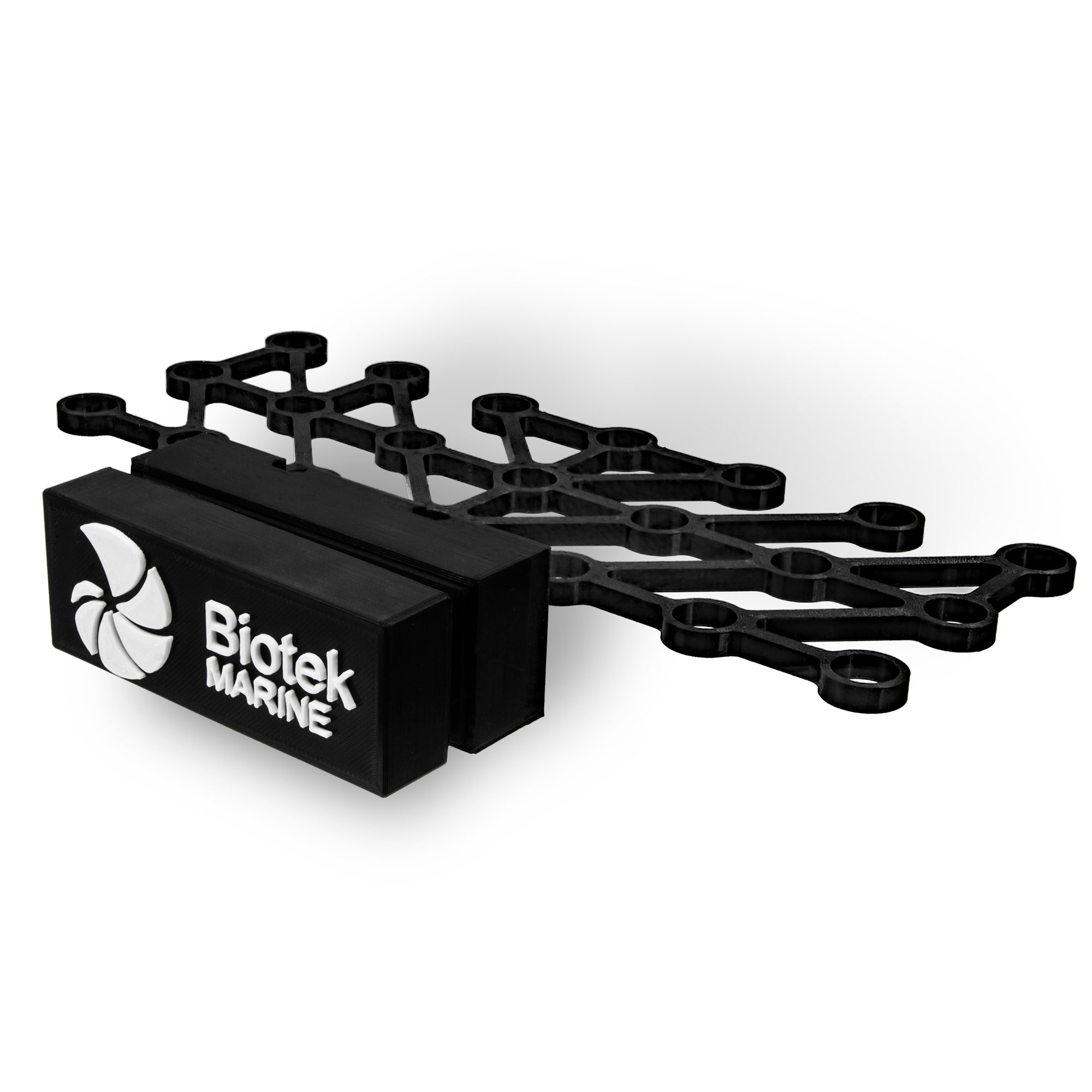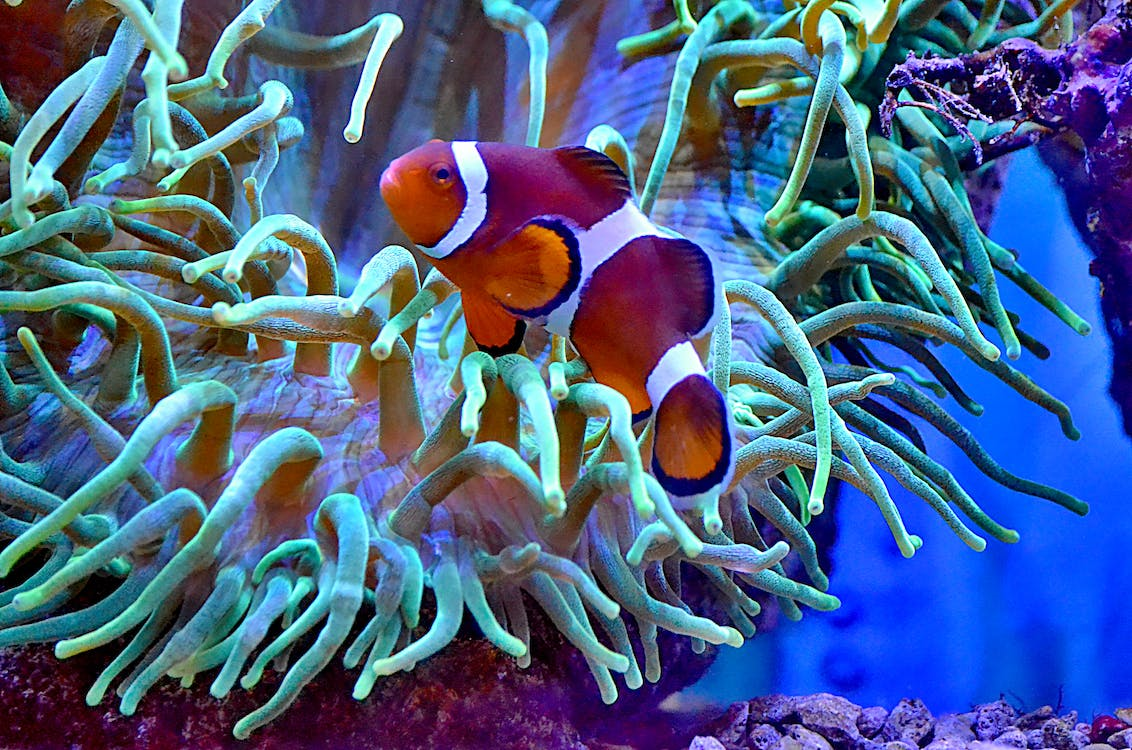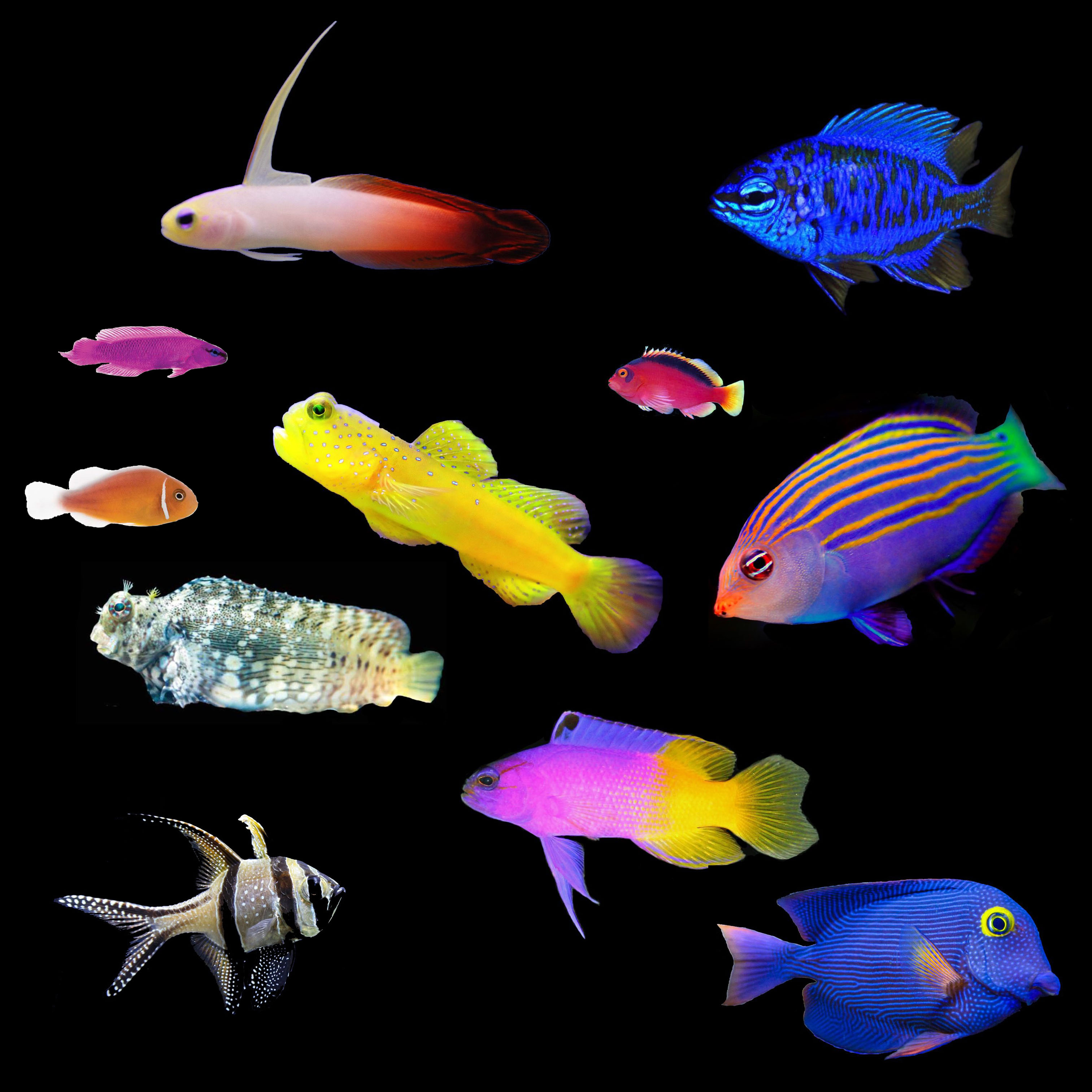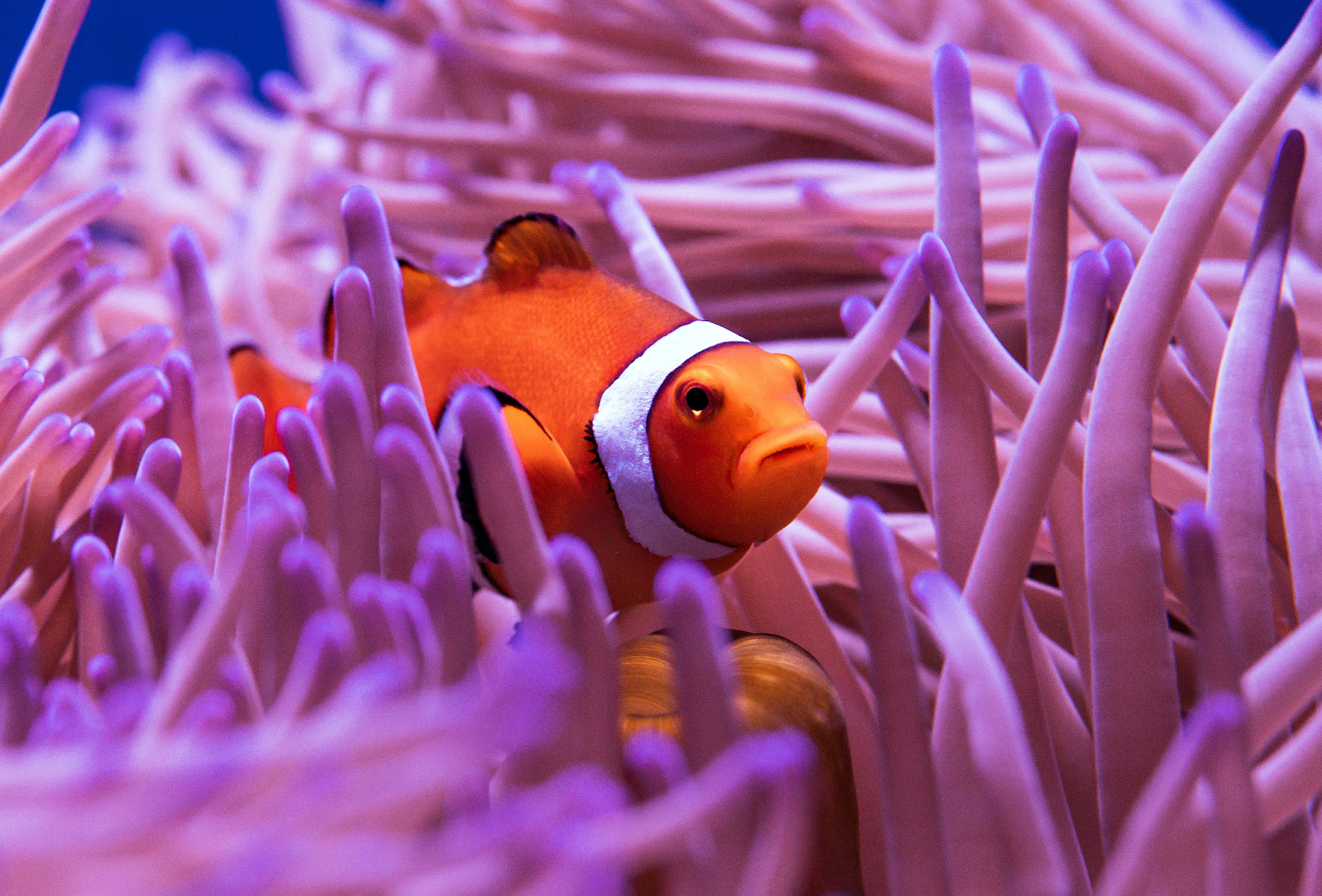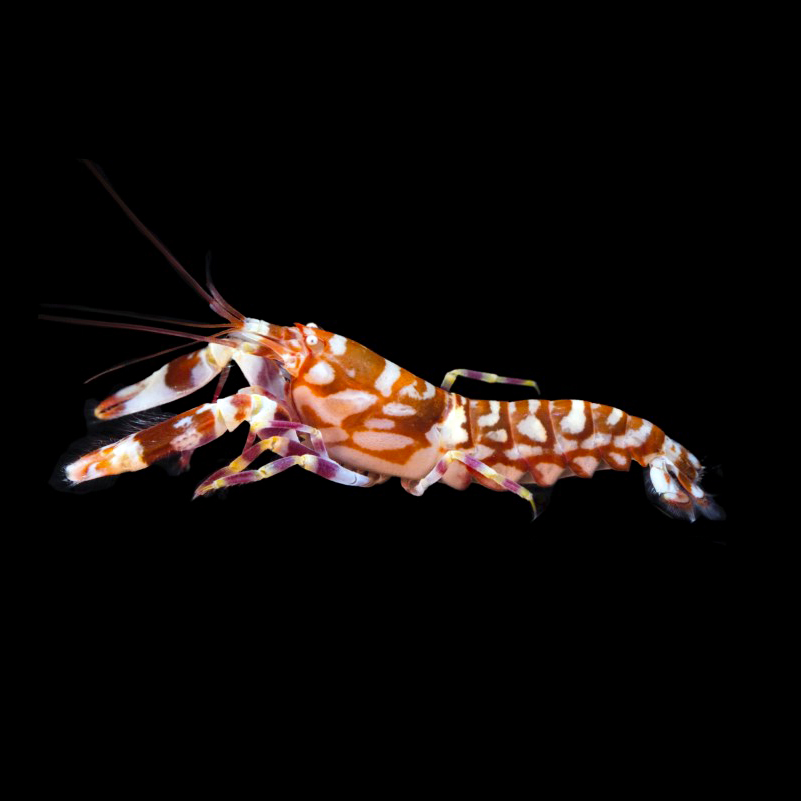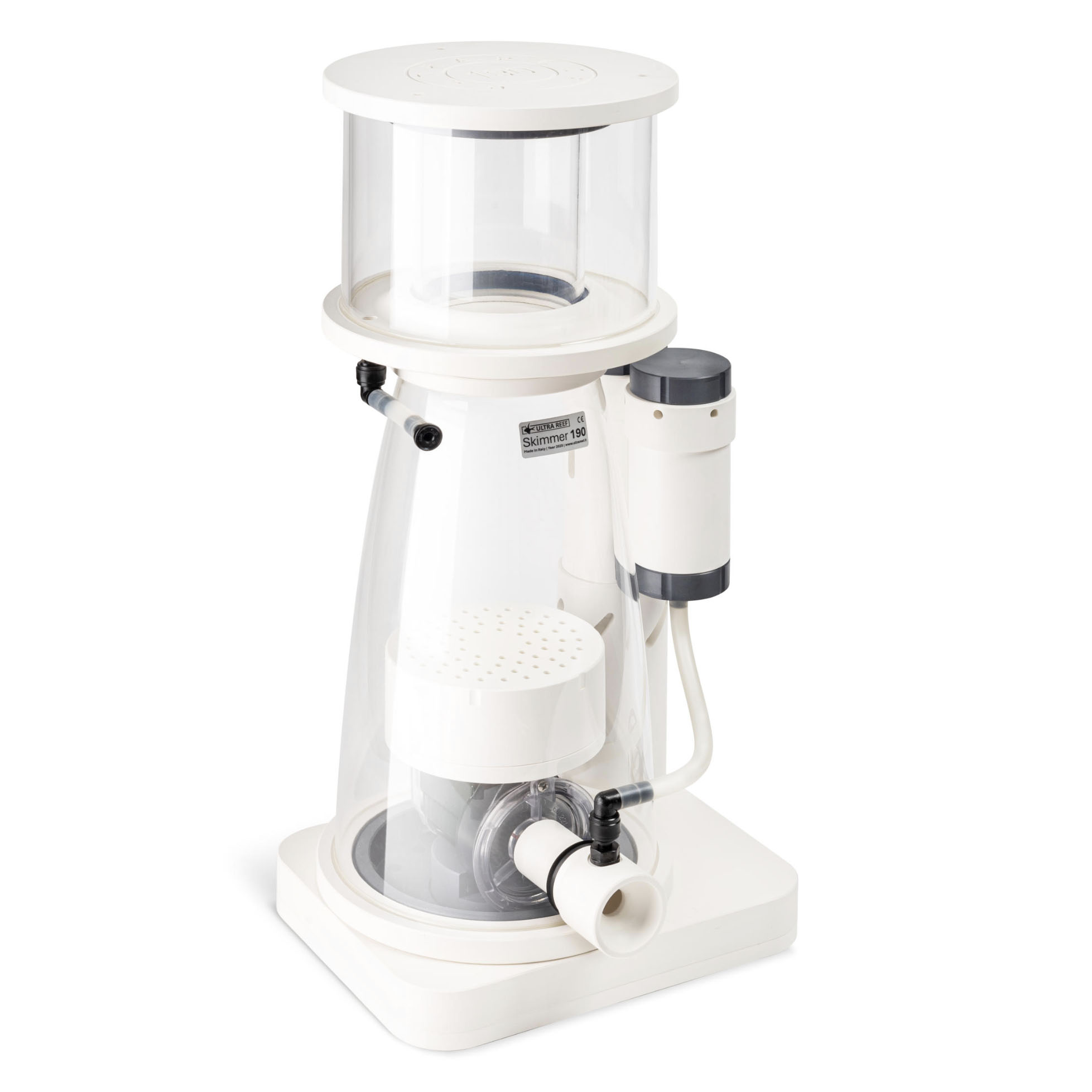We use cookies to make your experience better. To comply with the new e-Privacy directive, we need to ask for your consent to set the cookies. Learn more.
How to Care for Aquarium Fish While on Vacation
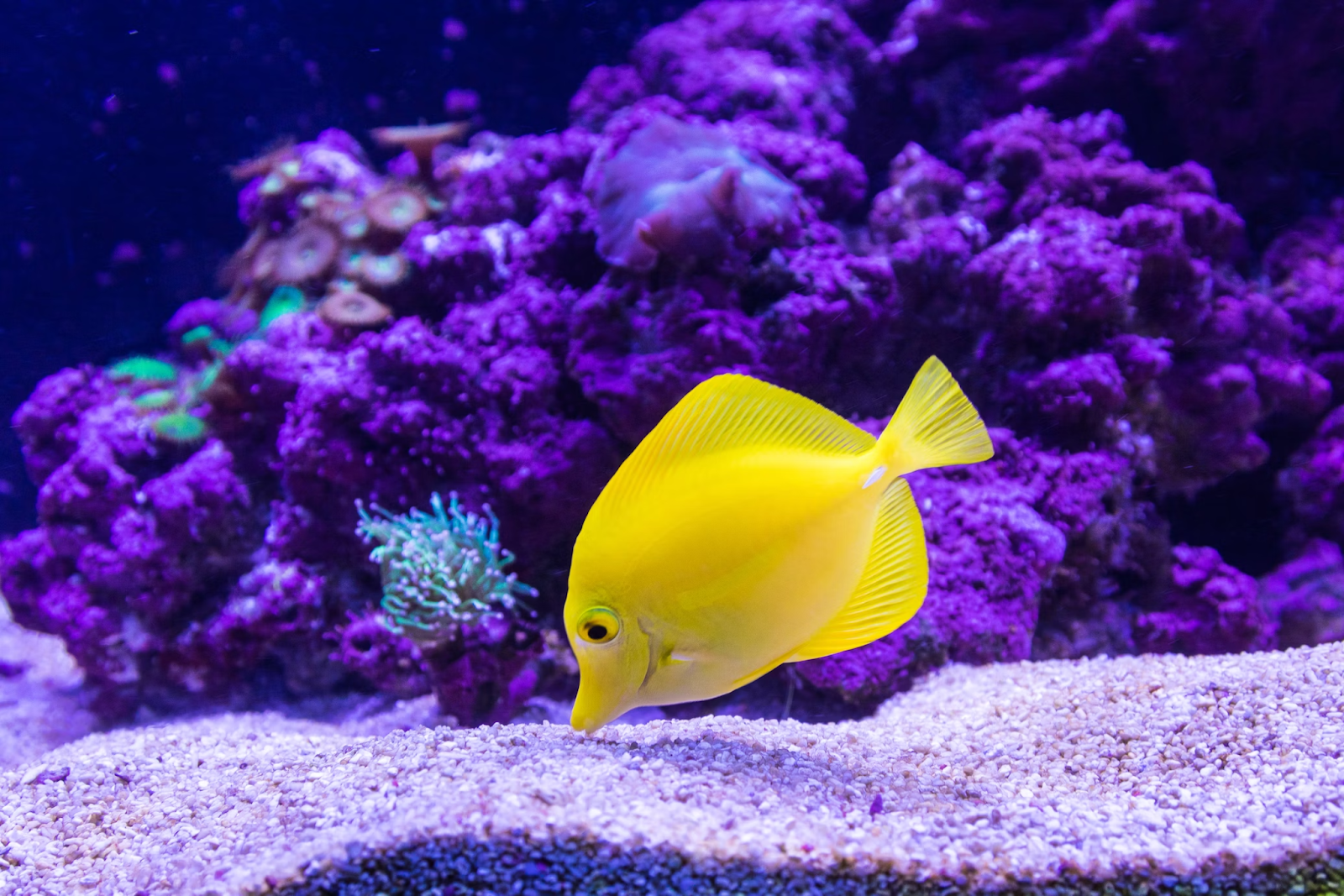
Going on vacation is something we all need from time to time, but for aquarium enthusiasts, leaving their fish aquariums and aquatic pets behind can be a daunting prospect. The challenge of ensuring fish care during vacations is a common concern, and misconceptions about how fish can thrive in your absence often add to the anxiety. Whether you have freshwater fish and plants or a saltwater aquarium complete with corals and other invertebrates, this comprehensive guide has you covered.
In this article, we will explore the essential aspects of caring for your aquarium fish, plants, and/or invertebrates while you are away from home. From understanding the basics of fish care to pre-vacation preparations, feeding solutions during your absence, and additional care considerations for both freshwater and saltwater aquariums, we've got you covered. By the time you finish reading, you'll have the knowledge and confidence to leave your aquatic ecosystem in capable hands and enjoy your vacation worry-free.
Understanding the Basics of Fish Care
Before delving into vacation-specific care, it's crucial to understand the fundamental needs of your aquarium inhabitants, whether they are freshwater fish and plants or saltwater corals and invertebrates. These needs include regular feeding, clean water, and a stable environment. Neglecting any of these essentials can lead to stress, illness, and even fatalities among your aquatic friends.
For Freshwater Aquariums:
Fish in freshwater aquariums require specific water parameters and compatible tank mates. Here's a closer look at the fundamentals
Feeding
Regular feeding is vital for the health and well-being of your freshwater fish. Different species have different dietary requirements, so it's essential to research and provide the appropriate food. Overfeeding can lead to water quality issues, so it's crucial to strike the right balance.
Clean Water
Maintaining clean water is perhaps the most critical aspect of fish care in freshwater aquariums. Filtration systems help remove waste and maintain water quality. Regular water changes are also necessary to remove harmful substances and excess nutrients while replenishing essential minerals.
Stable Environment
Fish in freshwater aquariums are sensitive to changes in their environment. Factors like water temperature, lighting, and water chemistry should remain stable to prevent stress and health problems.
For Saltwater Aquariums with Corals and Invertebrates:
Saltwater aquariums, especially those housing corals and invertebrates, require meticulous care due to their delicate nature. Here's what you need to know:
Water Chemistry
Maintaining stable water chemistry is paramount in saltwater aquariums. Corals and invertebrates are particularly sensitive to pH, calcium, alkalinity levels, nitrate and phosphate levels. Regular water testing and supplementation are essential for their care whether you are home or away.
Lighting
Corals and many invertebrates in saltwater aquariums depend on appropriate lighting for photosynthesis and growth so it is important to make sure that your bulbs (if using T5 or metal halide) are not old enough that they need to be replaced right before your vacation. With LEDs lighting, it is not as critical but be sure that lighting is working properly prior to leaving.
Temperature and Salinity
Saltwater aquariums need to maintain acceptable temperature and salinity levels so cutting back on the central air conditioning in the summer may not be an option if you live in a hot climate. Optionally you can invest in quality heaters from brands like Finnex or Innovative Marine. Also having a connected chiller and an aquarium controller to control, monitor and dose additives while you are away is also a great investment.
Neglecting these fundamental aspects of fish care, whether you have freshwater fish and plants or a saltwater aquarium with corals and invertebrates, can have dire consequences if you are not prepared in advance. Now that we've established the importance of these basics, let's move on to how to ensure your aquarium's well-being during your vacation.
Pre-Vacation Preparations
Ensuring the well-being of your aquatic inhabitants while you're away is a top priority. With the right steps, you can enjoy your vacation without any worries about your aquarium
Tank Maintenance
Before leaving for your vacation, it's essential to perform some routine tank maintenance, whether you have a freshwater or saltwater aquarium. This includes cleaning the aquarium and checking all equipment to ensure it's functioning correctly. Cleaning the tank not only keeps it visually appealing but also helps maintain water quality by removing debris, detritus or unwanted algae growth.
After maintenance, take some time to observe your aquarium inhabitants, whether they are fish, plants, corals, or invertebrates. Ensure they are behaving normally and appear healthy. Any signs of distress should be addressed promptly, as unresolved issues could worsen in your absence.
Feeding
One common misconception among aquarium owners is the belief that they should overfeed their aquatic friends before going on vacation. The idea is that extra food will sustain them while the owner is away. However, overfeeding can lead to water quality problems as uneaten food decays in the tank, producing harmful substances such as excessive nitrates and or phosphate.
Instead of overfeeding, it's better to rely on the right feeding solutions during your absence, which we will explore in the next section.
Feeding Options During Your Absence
When it comes to feeding your aquarium inhabitants while you're away, several options are available to ensure they receive the right amount of nourishment without compromising water quality.
Vacation Feeders
Vacation feeders are dissolvable food blocks designed to slowly release food over a specified period. These blocks can be a convenient option for short vacations for both freshwater and saltwater aquariums. However, their effectiveness can vary based on water conditions. In tanks with high water flow, they might dissolve too quickly, leading to overfeeding, while in low-flow tanks, they may not dissolve adequately enough. Also, they can sometimes cloud the water and some fish may not be accustomed to the type of food these feeders include. If you are unsure, then try this type of feeder while you are home to see how your fish & tank react.
Automatic Feeders
Automatic feeders such as the Eheim Everyday Feeder or Lifegard Intelli-Feed are a reliable and versatile solution for longer vacations for both freshwater and saltwater aquariums. These devices dispense precise amounts of food at scheduled times. Before leaving, set up and test your automatic feeder to ensure it's functioning correctly. Use high-quality feeders with adjustable settings to match your aquatic inhabitants' dietary needs. There are several brands of standalone auto feeders on the market and even some that will directly connect to an aquarium controller such as the Neptune Systems Apex or CoralVue Hydros platform.
Automatic Fish Food Dispensers
Investing in an automatic fish food dispenser is the first step towards more worry-free vacations. These devices are designed to release controlled portions of food at specified intervals, mimicking your regular feeding routine when you are home. Here's how to make the most of them:
- Proper Setup: Before you leave, ensure that the dispenser is filled with the appropriate type of fish food. Pellets or flakes are ideal, and some dispensers can even handle frozen or live food.
- Portion Control: Adjust the dispenser to provide the right amount of food for your fish. Overfeeding can lead to water quality issues, so be cautious not to set it too high,
- Testing: Run a few tests with the dispenser before your vacation to make sure it's working correctly. You don't want to discover a malfunction while you're away.
- Adjust Feeding Schedule: Depending on the type of fish and their regular feeding schedule, program the automatic feeder to dispense food once or twice a day. Smaller, more frequent feedings are often better than one large meal.
- Battery Backup: If your automatic feeder relies on electricity, consider installing a battery backup system or using a battery-operated feeder to ensure it keeps working even in case of power outages. We also recommend a battery backup for water circulation pumps. Aquarium water must remain oxygenated to keep your aquarium inhabitants alive. In the event of a power failure a battery backup can keep water circulation pumps running while you are away. Keep in mind that some aquarium battery backups like the IceCap and Ecotech Marine backups are designed to work with specific aquarium pumps
Fish Sitters
Hire a Fish Sitter or Aquarium Maintenance Company: If you have a friend or family member who's knowledgeable about aquarium care, consider asking them to stop by and check on your fish while you are away. They can supplement the automatic feeding with occasional manual feedings, as well as ensure the aquarium equipment is functioning correctly.
If a knowledgeable hobbyist is not an option then consider contacting a reputable aquarium service company. Yes, there is a cost associated with this, however an aquarium business can even do water changes, water testing, cleanings and make sure everything is properly running.
As someone who has been in the business of keeping saltwater and freshwater fish for over 40 years, I recommend using an aquarium service company. By doing so there is some degree of accountability and if something were to go wrong while you are away. Asking a friend or family member to be responsible and accountable is not only a conflict of interest for both parties but it could also ruin what was a good relationship in the process
Natural Fasting
Contrary to common belief, some fish and other aquarium inhabitants can go without food for extended periods without harm. Many species of fish have evolved to handle times when food is scarce in their natural habitats. As such, a well-fed aquarium ecosystem can typically go without food for a few days or even longer without significant issues. But, this is not always the case with fish that require daily feedings; such as saltwater anthias species.
When traveling away it is crucial to understand your aquarium inhabitants' specific needs and limitations. Whether they are freshwater or saltwater species; know the husbandry requirements of what you are caring for. Some species may be more resilient than others, and factors like water temperature and available resources can influence their ability to fast.
Additional Care Considerations
Your aquatic friends rely on a stable environment, especially when you're not around to make immediate adjustments. Here's how to ensure they continue to thrive in optimal conditions.
Lighting
Maintaining a consistent day-night cycle is crucial for the well-being of many aquarium inhabitants, whether they are freshwater fish and plants or saltwater corals and invertebrates. Consider using timers for your aquarium lights to ensure that your aquatic ecosystem has a regular light-dark cycle even when you're not there. At a minimum we use light timers for our planted freshwater systems and reef aquariums. And most of our reef tanks are in use with aquarium controllers.
Temperature Maintenance
Stable water temperatures are essential for the health of both freshwater and saltwater aquariums. Depending on the time of year and your location, you may need to take precautions to prevent temperature fluctuations. Aquarium heaters, and aquarium chillers, and monitoring systems can help maintain stable conditions.
Monitoring Aquarium Health
Before leaving, perform a health check on your aquarium inhabitants. Look for any signs of illness or distress, such as abnormal behavior, physical abnormalities, or changes in appetite. If you spot any potential health issues, address them promptly or consult with an aquarium expert.
Checklist for Aquarium Owners
To help you stay organized and ensure you've covered all necessary preparations, here's a quick-reference checklist for both freshwater and saltwater aquarium owners
For Freshwater Aquariums and Freshwater Fish Owners
- Tank maintenance: Clean the aquarium and check equipment.
- Feeding: Avoid overfeeding and choose an appropriate feeding solution.
- Lighting: Use timers to maintain a consistent day-night cycle.
- Temperature: Ensure stable water temperatures.
- Fish and plant health: perform pre-vacation health checks.
For Saltwater Aquariums with Corals and Invertebrates:
- Tank maintenance: Clean the aquarium and check equipment prior to leaving. It’s also not a bad idea to do a water change a day or two prior to leaving.
- Water chemistry: Regularly test and maintain stable pH, calcium, and alkalinity levels so you know your levels and dosing requirements prior to leaving for vacation. If someone is caring for your tank, make sure they know your dosing schedule and the parameters of your aquarium.
- Lighting: Maintain the right spectrum and intensity for your corals and invertebrates while you are away and make sure all lights are operating properly.
- Temperature and salinity: Use quality heater(s), chiller, and salinity monitors to maintain precise levels. Redundancy is best with heaters in our experience. If a heater fails while you are away, having a backup heater plugged in is recommended.
- Corals and invertebrate health: Perform a pre-vacation health check.
Returning from Vacation
Upon your return, your aquarium may need some special attention to transition back to its regular routine, whether it's a freshwater or saltwater setup.
First Steps Upon Return
- Check the health and behavior of your aquarium inhabitants. Ensure they are active and eating normally.
- Test water conditions, including ammonia, nitrite, and nitrate levels. Perform a water change and clean if necessary.
- Inspect equipment to make sure everything is functioning correctly.
Gradual Reintroduction
To prevent shocking your aquarium inhabitants, reintroduce their regular feeding and care routine gradually. Start with small portions of food and slowly increase the amount over a few days.
Conclusion
Caring for your aquarium fish, plants, corals, and invertebrates while on vacation requires planning, knowledge, and smart choices. By understanding the basics of aquatic care, making pre-vacation preparations, and choosing the right feeding solutions, you can enjoy your vacation with peace of mind, knowing that your aquatic ecosystem is in good hands. Remember, responsible aquarium care is a year-round commitment, and with the right preparations, your aquatic friends can thrive even when you're away. So go ahead, plan that vacation, and return to a thriving and beautiful underwater world in your own home.




